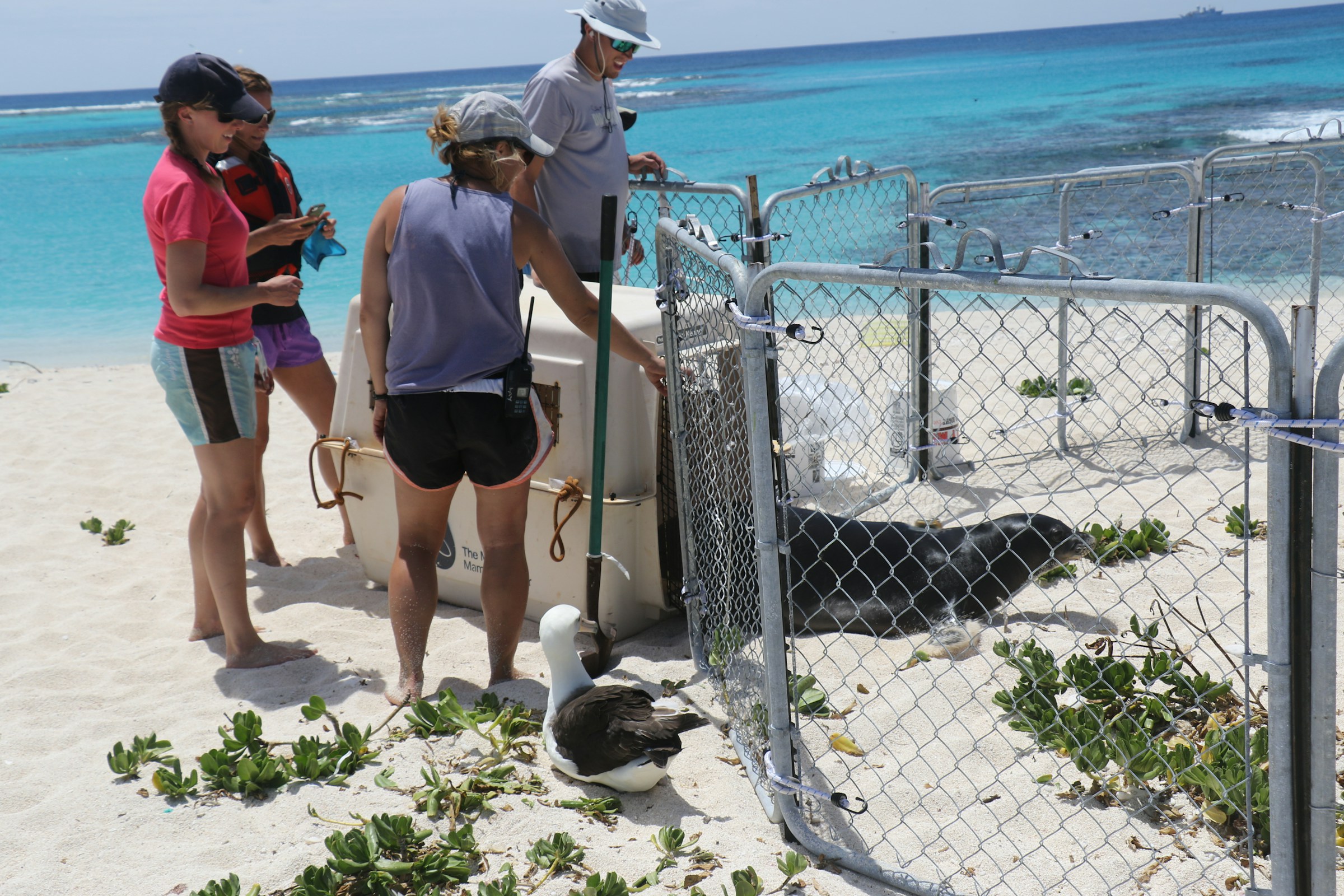Launching a marine conservation consultancy in the UK is more than a business venture—it’s an opportunity to make a meaningful impact on our oceans. This guide offers clear, step-by-step instructions to help you navigate the complexities of starting your own consultancy. From understanding the regulatory landscape to crafting your unique business model, you’ll find practical insights and valuable advice tailored for aspiring conservationists. Whether you’re driven by passion for the environment or seeking a sustainable career path, this guide is your blueprint for success.
Overview of Marine Conservation Consultancies in the UK
Marine conservation consultancies play a pivotal role in protecting the UK’s marine ecosystems. These consultancies are specialised firms that provide expert advice and solutions to preserve marine biodiversity. They work closely with governments, NGOs, and businesses to develop strategies that mitigate human impact on marine environments. Their importance cannot be overstated, as they help ensure sustainable use of marine resources while safeguarding the natural habitat.
In parallel : Steps to Launch a UK Telehealth Platform While Navigating Medical Data Compliance
In the UK, the marine conservation sector faces several challenges. The increasing pressure from industrial activities, such as fishing and shipping, poses significant threats to marine life. Consultancies are at the forefront of addressing these issues by conducting research, assessing environmental impacts, and recommending policies that promote conservation.
Current trends in the sector include the integration of innovative technologies like satellite monitoring and data analytics to track marine health. These advancements enable consultancies to provide precise and actionable insights, enhancing their ability to protect marine ecosystems.
Also read : Launching Your UK Drone Delivery Service: A Guide to Navigating Aviation Safety Regulations
The impact of consultancies is profound, as they facilitate informed decision-making and foster collaboration among stakeholders. By offering tailored solutions, they contribute significantly to the sustainability and resilience of the UK’s marine environments.
Business Planning for Your Marine Conservation Consultancy
Navigating the marine conservation sector requires meticulous business planning. One of the first steps is identifying your niche. This involves understanding specific areas within marine conservation where your consultancy can offer unique value, such as coastal restoration or marine policy advising.
Conducting a thorough market analysis is crucial. This process helps you understand the current demand for services and evaluate the competition. By analysing trends, you can identify gaps in the market that your consultancy could fill. Understanding competitors’ strengths and weaknesses can provide insights into potential opportunities and threats.
Developing a comprehensive business plan is essential for success. This plan should clearly outline the services your consultancy will offer, such as environmental impact assessments or sustainable resource management. Additionally, define your target clients, which may range from government agencies to private companies. Setting clear goals and objectives will guide your consultancy’s strategy and operations.
By focusing on these elements, your marine conservation consultancy can establish a strong foundation and position itself effectively within the sector. This strategic approach ensures that your consultancy not only meets current demands but is also prepared for future challenges and opportunities.
Legal Requirements and Compliance
Navigating the legal requirements is crucial for establishing a marine conservation consultancy in the UK. The first step is consultancy registration, which involves obtaining a company registration number from Companies House. This process requires submitting necessary legal documents, such as a Memorandum and Articles of Association, to ensure your consultancy is legally recognised.
Understanding and adhering to environmental laws is paramount. The UK has stringent regulations designed to protect marine ecosystems, such as the Marine and Coastal Access Act. Compliance with these laws ensures your consultancy operates within legal boundaries and contributes positively to conservation efforts. Regularly reviewing these regulations is essential, as they can change based on new environmental policies.
Insurance and liability considerations are also critical. Marine conservation consultancies should secure professional indemnity insurance to protect against potential claims of negligence or inadequate advice. This insurance provides a safety net, safeguarding your consultancy’s financial stability and reputation.
By thoroughly understanding and implementing these legal requirements, your consultancy can operate effectively and responsibly within the marine conservation sector, ensuring both compliance and protection.
Funding Sources for Marine Conservation Initiatives
Securing funding sources is essential for the success of marine conservation initiatives. Various options are available, including grants, sponsorships, and partnerships. Grants are a primary source of funding, often provided by governmental bodies, NGOs, and international organisations. These grants are typically awarded to projects that demonstrate a clear impact on marine conservation and sustainability.
When applying for grants, it’s crucial to craft a compelling application. Highlight the unique aspects of your project, clearly define objectives, and demonstrate the potential benefits to marine ecosystems. Tailor each application to the specific requirements of the grant provider to increase your chances of success.
Financial planning is another critical aspect of managing your consultancy. Developing a detailed budget ensures that resources are allocated efficiently and that your projects remain financially viable. Consider potential costs such as research materials, personnel, and operational expenses. Effective budgeting helps maintain financial stability and allows for strategic investment in future projects.
Sponsorships from businesses and collaborations with other organisations can also provide significant financial support. These partnerships can offer not only funding but also valuable resources and expertise, enhancing the overall impact of your conservation efforts.
Marketing Strategies for Your Consultancy
Implementing effective marketing strategies is crucial for the success of a marine conservation consultancy. Identifying the right marketing channels is the first step in reaching potential clients. Platforms like LinkedIn and industry-specific forums can be invaluable for outreach efforts, allowing you to connect with key stakeholders in the conservation field. Social media campaigns and targeted email marketing can also enhance visibility and engagement with your audience.
Building partnerships with NGOs, government agencies, and businesses is another vital strategy. These collaborations can open doors to new opportunities and resources, facilitating client acquisition. Partnering with reputable organisations not only boosts your consultancy’s credibility but also expands your network, leading to potential referrals and joint projects.
Examining case studies of successful marketing approaches can provide insights and inspiration. For example, a consultancy that effectively utilised storytelling in its campaigns managed to capture the attention of both clients and the public. By showcasing tangible conservation impacts and success stories, they built a compelling narrative that resonated with their audience.
Incorporating these strategies can significantly enhance your consultancy’s ability to attract and retain clients, ensuring long-term growth and impact in the marine conservation sector.






